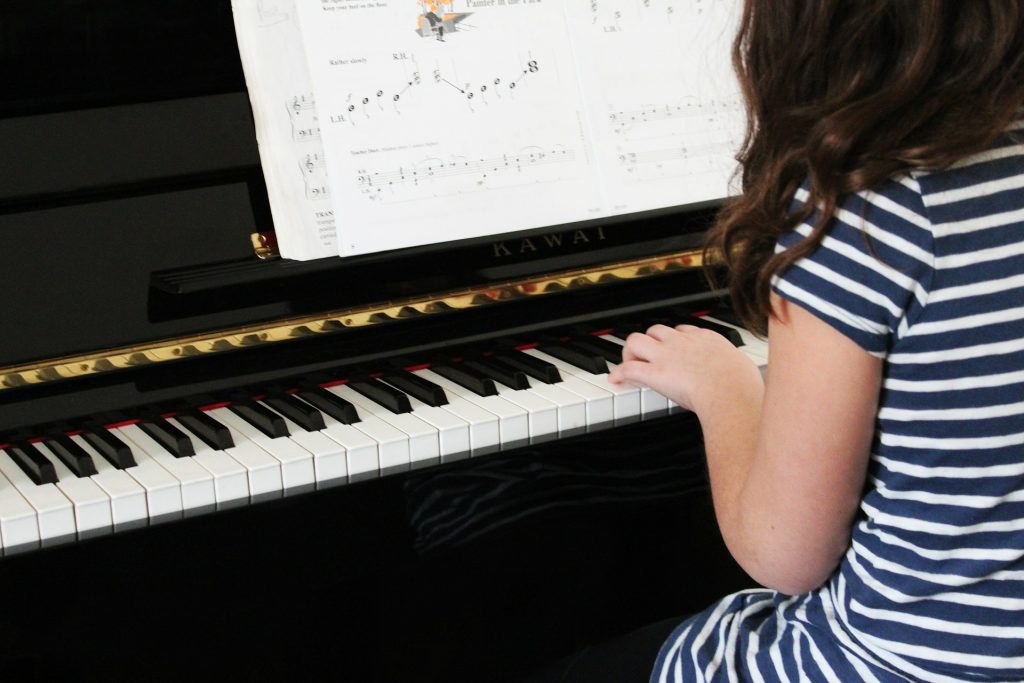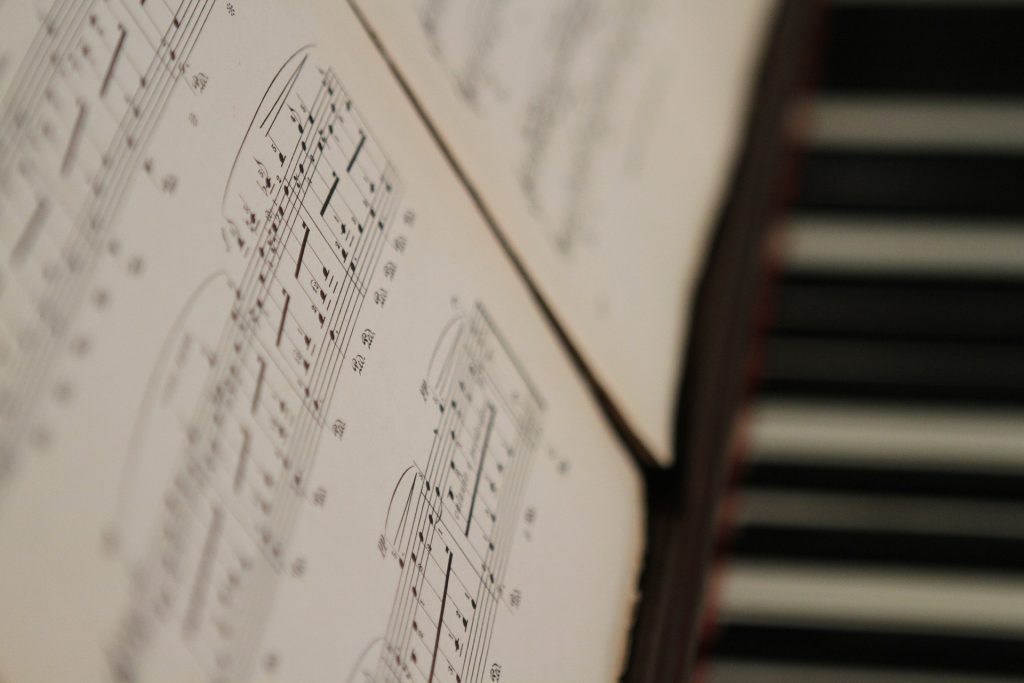Playing An Instrument Is Friendly To The Brain
Learning to make sounds from a musical instrument affects brain waves in a short time frame and improves hearing and listening skills. It also increases the brain’s ability to reprogram itself, dealing with certain diseases.
Music has already been known to have beneficial effects on the brain. With the research done, it was tried to learn which features of it made a difference. Learning the precise movements required to produce sound through an instrument differentiates the perception of sound in the brain. It has been proven for the first time that the brain works differently than listening to music while playing an instrument.

The use of music education in the rehabilitation of those who cannot use a certain part of their body supports this research. The effects of people’s musical background on the ageing process is also a subject of research. Important findings were obtained regarding the effects of listening skills and ageing of the neurons on hearing.
Thirty-two young and healthy individuals with no hearing problems and no history of neurological or psychiatric illness were used in the study. The subjects’ brainwaves were observed while listening to the sounds of a Tibetan Singing bowl (a wooden bell). Later, half of the subjects were given a bell and asked to do rhythm work. The other half were asked to produce the same sounds with a key on the computer keyboard.
In the act of playing an instrument, many systems such as the hearing, motor and perception systems of the brain need to work together. According to the conclusion drawn from the subjects, playing an instrument causes fundamental changes in neuron activity.
The next phase of the study analyzes the healing processes of paralyzed people with music education and reveals its impact on older adults.
Programs are developed in which music education will be used as a rehabilitation method for situations that affect motor functions, such as traumatic injuries. In the future, the foundations are laid for developing hearing aids and cognitive training programs to protect ear health.

Even a few years of musical education is beneficial
Older adults who took music lessons as children but then did not play instruments for years later respond to speech sounds faster than those who have never played. This is evidence of lasting and positive effects on the brain’s sound processing.
As people age, they often experience changes that negatively affect hearing. For example, in interpreting speech, their response to rapidly changing sounds is slow. Because neural timing is the first thing to lose with age.
The speech syllable “da” was listened to by 44 healthy adults aged 55-76. Electrical activity in the auditory brainstem was measured. This part of the brain processes sound, serving as a cognitive and sensory centre. The researchers observed that among the participants, those who were trained in music between the ages of 4 and 14, responded to the speech in the order of milliseconds faster.
The one millisecond difference may not be too visible. The brain is very sensitive to timing, and a millisecond spread over millions of neurons makes a lot of difference in older adults.
In conclusion, the findings of the research prove that we reap the fruits of the investment we made in our brains at an early age.
Other Benefits for the Brain of Learning to Play an Instrument
1) It provides socialization. For example, when a music group is recording, they get in touch with other people, coordinate and cooperate. Interacting with people in this way strengthens social abilities.
2) Strengthens memory and reading skills. Because reading is done through common neural and cognitive mechanisms.
3) Playing an instrument makes one happy. It discovered that babies placed in interactive music classes showed better early communication skills, and babies smiled more.
4) Musicians can perceive many things at the same time. Because it forces the person to perceive a large number of stimuli at the same time.
5) Increases blood flow in the brain. Studies have shown that short-term music training speeds up blood flow in the left hemisphere of the brain.
6) Helps the brain regenerate. Movement control got better day by day in paralyzed patients who are interested in music.
7) Reduces stress and depression. In a study in cancer patients, they found that playing and listening to music reduced anxiety disorder. Another study found that music therapy lowered the risk of depression and anxiety disorders.
8) Music education strengthens the executive functions of the brain. Executive function; It is associated with critical functions such as information processing, recall, behaviour control and problem-solving.
Maybe you may be interested!




